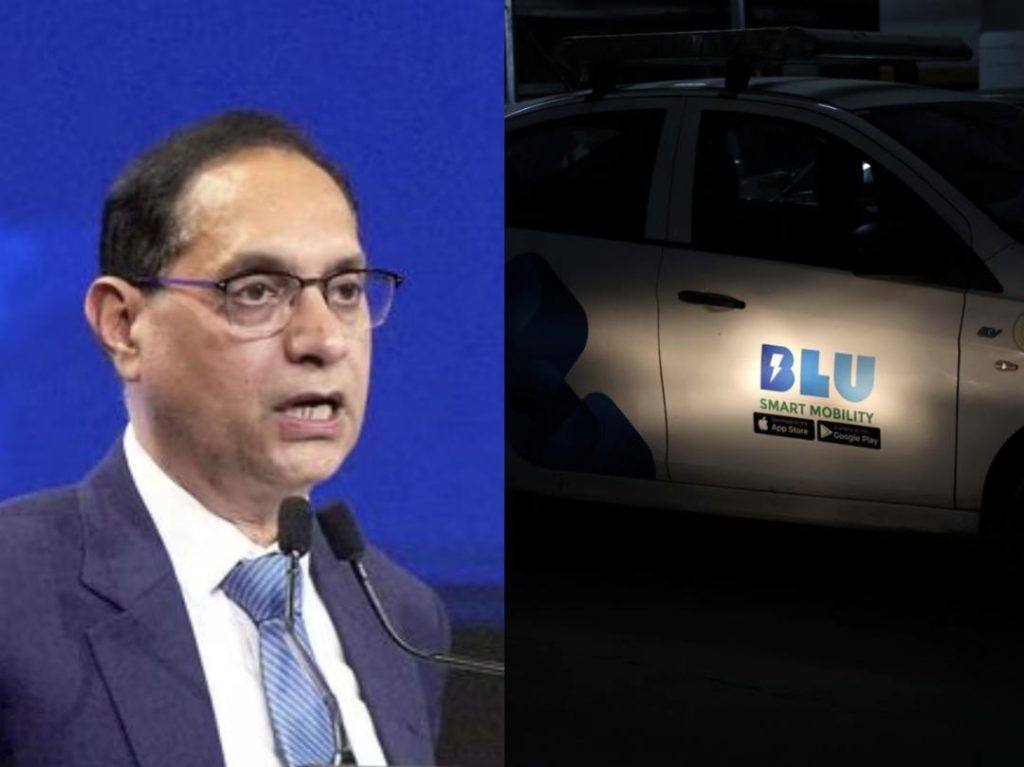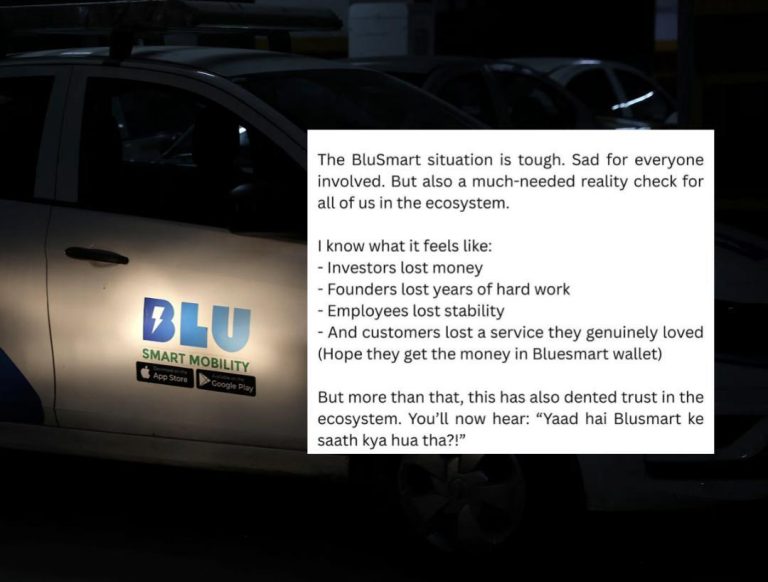
Our Job to Find & Punish Them: SEBI on BluSmart Partner Gensol’s Fraud
The Securities and Exchange Board of India (SEBI) has been on a mission to rid the country’s markets of fraudulent activities and bring perpetrators to justice. Recently, SEBI took a significant step in this direction by uncovering financial irregularities at BluSmart partner Gensol Engineering. The regulator not only barred the company and its promoters from the securities market but also highlighted the importance of its role in detecting and punishing such malpractices.
According to SEBI, Gensol Engineering, a company promoted by brothers Anmol and Puneet Singh Jaggi, had diverted company funds for personal use. This is a stark reminder that even companies that seem reputable and successful on the surface can be hiding dark secrets.
In an interview, SEBI Chief Tuhin Kanta Pandey emphasized the importance of SEBI’s role in detecting and punishing fraudulent activities. “There will be companies like Gensol in the system,” he said. “SEBI’s job is to find and punish them.” This statement sends a strong message to companies and individuals who engage in fraudulent activities that SEBI is always watching and will not hesitate to take action.
SEBI’s action against Gensol Engineering and its promoters is a significant step towards ensuring the integrity of the Indian capital markets. The regulator has been working tirelessly to strengthen its surveillance mechanisms and enhance its regulatory powers to detect and prevent fraudulent activities.
The case against Gensol Engineering is a classic example of how companies can be tempted to engage in fraudulent activities. The brothers, who are also promoters of BluSmart, had diverted company funds for personal use, including for real estate and other personal expenses. This is a blatant example of corporate governance failures and a clear breach of trust with stakeholders.
SEBI’s action against Gensol Engineering and its promoters sends a strong message to companies and individuals that fraudulent activities will not be tolerated. The regulator has also sent a message to investors that they can trust SEBI to protect their interests and take action against those who engage in fraudulent activities.
In addition to the action against Gensol Engineering, SEBI has also taken steps to enhance its surveillance mechanisms to detect and prevent fraudulent activities. The regulator has set up a specialized team to monitor companies and individuals who are suspected of engaging in fraudulent activities.
SEBI’s efforts to detect and prevent fraudulent activities are commendable, but more needs to be done to ensure the integrity of the Indian capital markets. The regulator needs to work closely with other regulatory bodies and law enforcement agencies to share information and coordinate efforts to detect and prevent fraudulent activities.
The Gensol Engineering case also highlights the importance of corporate governance and transparency. Companies need to ensure that they have robust internal controls and corporate governance mechanisms in place to prevent fraudulent activities. Promoters and directors also need to be transparent in their dealings and ensure that they do not engage in activities that are detrimental to the company’s interests.
In conclusion, SEBI’s action against Gensol Engineering and its promoters is a significant step towards ensuring the integrity of the Indian capital markets. The regulator’s commitment to detecting and punishing fraudulent activities is a positive development, and companies and individuals who engage in such activities should be aware that SEBI is always watching and will not hesitate to take action.






